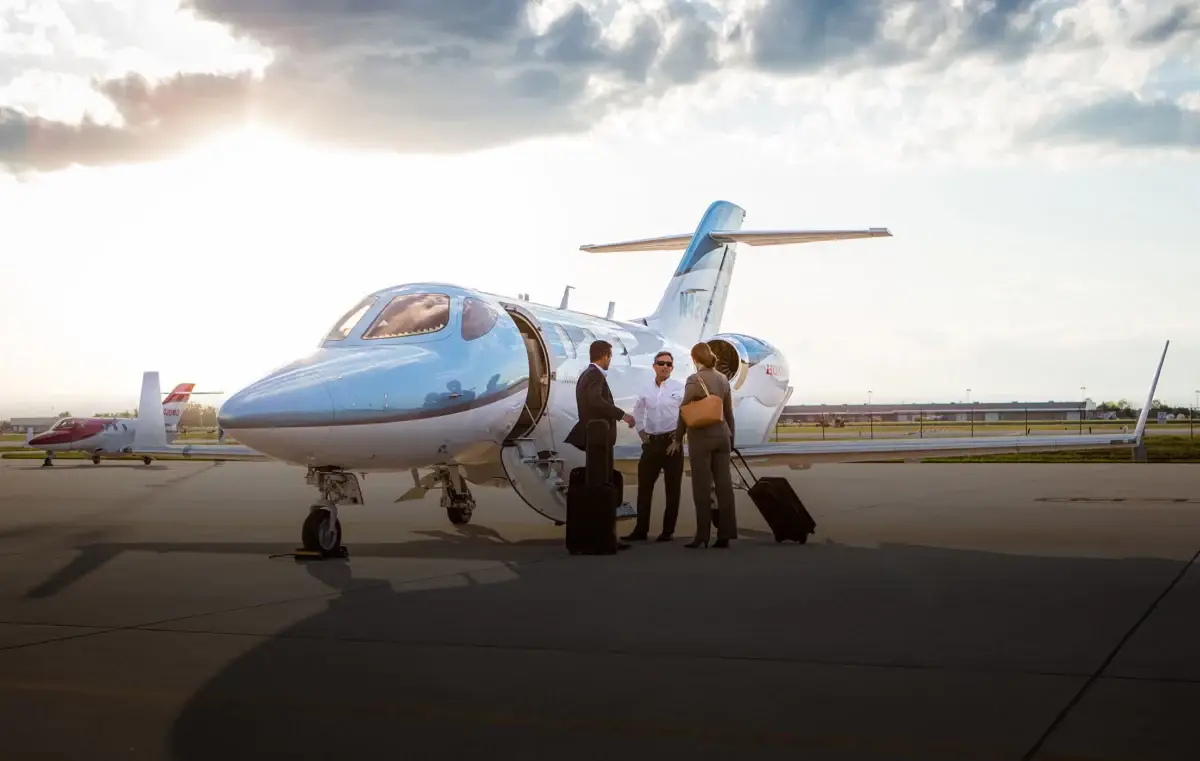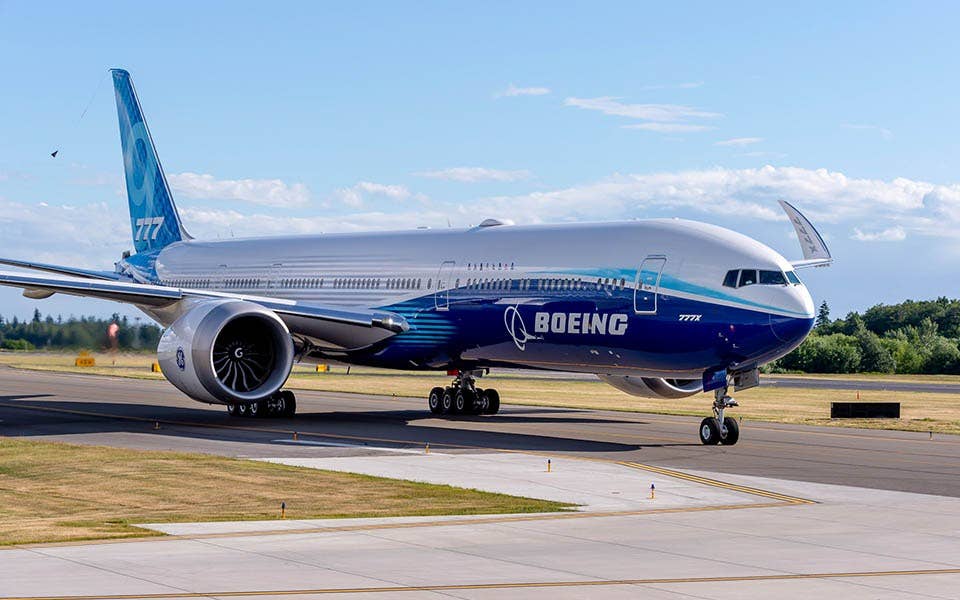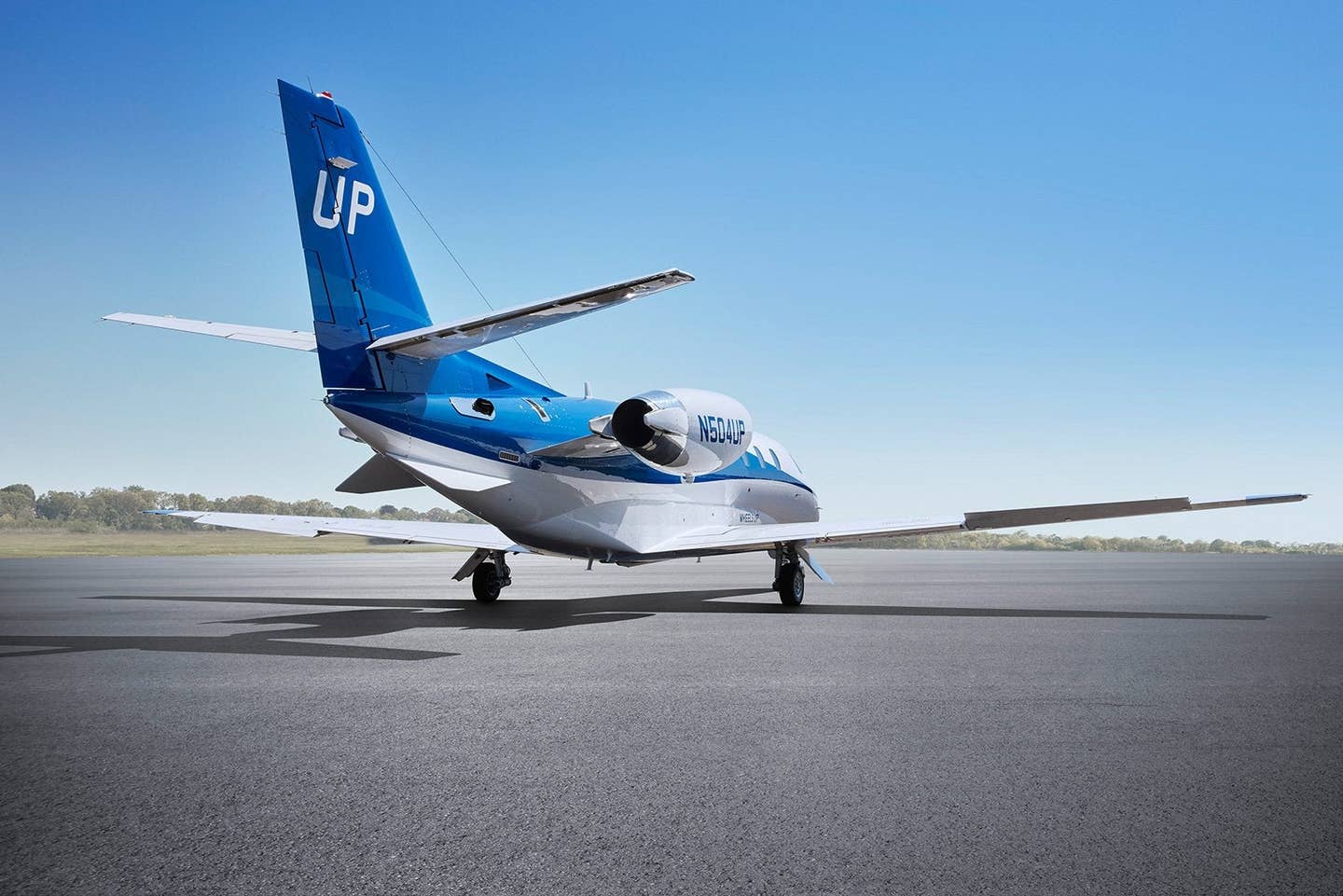What’s Next for Jet It Fractional Owners
Jet It fractional owners have options when it comes to navigating the company’s shut down.

Jet It’s fractional program offered direct ownership in an actual aircraft. [Courtesy: Honda Aircraft]
Over the past few days, we’ve received a number of inquiries from Jet It fractional owner groups about what they should do to navigate the Jet It shutdown. While I am also navigating the same issues—I was a fractional owner—we’ve made some progress toward the end game.
Hopefully, by now all of the owners have had the chance to meet. We received a list of the individual owners from Jet It, along with contact information. If you’re an owner, you should organize a call with your specific owner group ASAP. You are all on the same team, now is the time to get a game plan together.
Appoint one to two people on the team to keep the process moving forward, regardless of direction. Ideally, someone with experience in aviation, as they will need to understand all of the moving parts.
Even though Jet It CEO Glenn Gonzales suggested “patience” on owner calls last on May 24—but that isn’t great advice.
You own a very expensive asset that needs to be dealt with. Every day that you own it, the more expenses it will rack up. Hangar fees, maintenance, insurance, etc., all cost money. Nothing like having an expensive toy that you can’t use.
You need to track down the aircraft. Every owner group I’ve spoken with has figured out where their aircraft is.
Most importantly, find out what your owner group wants to do with the aircraft. You have a few options: you can sell the aircraft; you can put the aircraft up into a dry-lease with another operator; a single (or group of owners) can buy the airplane.
While Gonzales suggested that owners could contract directly with former Jet It pilots, this strikes me as challenging for larger owner groups that are geographically distributed, not to mention questions about legality of such a process. If you do decide to go this route, I would engage with an aviation attorney to make sure you are protected here.
The worst thing to do here is to let the aircraft sit long without a plan. We are all responsible for the bills on our aircraft from here on out (along with unpaid bills that Jet It racked up) and those bills aren’t going to cheap.
If you decide to sell the aircraft, find a Honda broker or dealer that can help with this. Brokers will be glad to take you on as a client, but I would recommend doing diligence on the broker. Have they sold HondaJets in the past? Do they have experience with the aircraft? Can they help you navigate all of the maintenance issues you need to contend with?
Honda Aircraft Company has a list of dealers on its website, and you can find a dealer to assist here. I would recommend going with this group over a non-Honda dealer because of their familiarity with the jet and mutual interest in seeing a positive outcome for the Honda ecosystem.
Keep in mind that the aircraft is not going to be flown much over the next few weeks, so find someone that has experience with the airplane and will agree to keep it in compliance with the maintenance up to date.
I live in Tennessee and our Honda Aircraft dealer is Banyan. They provided us with a turnkey proposal, including hangar access to help us manage the aircraft while we figured out what we wanted to do with it.
Selling the aircraft is only one option. With nine owners, we felt that selling the aircraft was the best path for our ownership group. That way we could move forward making decisions as to our future missions individually.
Another option is to put the aircraft into a short-term lease with another operator.
Volato—Jet It’s biggest competitor among Honda Jet operators—has offered a 90-day lease for ownership groups. It is billed as a dry-lease arrangement, where all expenses are taken care of (except for maintenance labor). At $650 per hour, it's an interesting proposal to get the airplane in the air and generate some revenue to offset most of the fixed expenses, including insurance, hangar fees, and operational fees.
Matt Liotta, CEO of Volato told FLYING:
“We feel for the customers who are facing this difficult situation. The entire team at Volato is here to help as much as we can, and we are prepared to take on any number of planes and customers. We do recommend that anyone consult with a lawyer before deciding on how to move forward.”
As noted earlier, getting a good aviation attorney is critical. This will be a long and drawn-out process, with lots of nuances. Getting someone with experience navigating all of the issues (aviation, corporate, and tax law) is critical.
There is some good news out of all of this.
Unlike a jet card or membership program, Jet It’s fractional program offered direct ownership of an actual aircraft. This means that fractional owners will recoup a large percentage of their investment in the airplane after some initial headaches.
If it were a membership program, where the asset is prepurchased time on an airplane from a charter operator, like in Wheels Up’s case (NYSE: UP), the only thing that program members would be guaranteed is a position of being a junior creditor in a bankruptcy.

Subscribe to Our Newsletter
Get the latest FLYING stories delivered directly to your inbox






